Why the Right Forklift Battery Matters
A forklift’s performance depends heavily on the energy source that powers it. Even the best equipment cannot perform well if the battery is weak or unreliable. Choosing a high-quality motive power battery directly impacts efficiency, safety, and long-term costs.
1. Consistent Power Output
A reliable forklift battery provides stable voltage throughout the shift. This means the forklift won’t slow down or lose strength as the battery discharges, allowing operators to handle loads smoothly and maintain productivity.
2. Reduced Downtime
High-efficiency motive power batteries are designed for longer run times and faster recharging. This minimizes the need for frequent battery changes or long charging breaks, keeping forklifts available when they are needed most.
3. Lower Operational Costs
Durable batteries have a longer lifespan and require less maintenance, which reduces replacement frequency and service costs. Over time, this helps companies save money while ensuring reliable daily operations.
Types of Forklift Batteries
When choosing a battery for your forklift, there are two main options: lead-acid and lithium-ion. Each has its own advantages, and the right choice depends on your operation’s workload, budget, and charging infrastructure.
1. Lead-Acid Forklift Batteries
Lead-acid batteries are the traditional choice and remain widely used across industries.
● Proven and Reliable: They have been used for decades and are known for stable, predictable performance.
● Cost-Effective: Initial purchase costs are lower compared to lithium-ion, making them attractive for businesses with limited budgets.
● Maintenance Requirements: These batteries require regular care, including water refilling and equalizing charges, to ensure safe and efficient operation.
Lead-acid batteries for forklifts are well-suited for facilities with multiple shifts, where forklifts can rotate between charging and operation in a dedicated charging area.
2. Lithium-Ion Forklift Batteries
Lithium-ion technology is becoming increasingly popular in modern warehouses and logistics operations.
High Efficiency
Lithium-ion batteries charge much faster and allow opportunity charging—short charging sessions during breaks or shift changes—without damaging the battery.
Longer Lifespan
They typically last two to three times longer than lead-acid batteries, reducing replacement frequency.
Maintenance-Free
No watering, no acid spills, and minimal upkeep make them easier and safer to use.
Lithium batteries for forklifts are ideal for high-demand, continuous operations that require maximum uptime, such as 24/7 warehouses or cold storage facilities.
Benefits of High-Efficiency Motive Power Batteries
Investing in a high-efficiency motive power battery can bring significant advantages for forklift operations, improving both productivity and safety.
Boost Productivity
High-efficiency batteries allow forklifts to operate longer on a single charge, reducing the need for frequent battery swaps or charging breaks. This ensures that material handling tasks are completed faster and more efficiently.
Enhance Safety
Advanced battery technologies are designed to minimize risks such as overheating, acid leaks, or spills. This not only protects operators but also helps prevent damage to equipment and inventory.
Sustainability
Modern motive power batteries are more energy-efficient and often recyclable, supporting environmentally friendly operations. Choosing these batteries aligns with green logistics initiatives and corporate sustainability goals.
Flexibility
Lithium-ion batteries, in particular, support partial or opportunity charging, allowing forklifts to recharge during short breaks without affecting battery life. This makes them ideal for round-the-clock operations and facilities with high-demand workloads.
Choosing the Best Forklift Battery
Selecting the right battery is essential for maximizing efficiency, reducing costs, and ensuring safe operations. Several key factors should guide your decision:
Operating Hours Per Day
Understand how long your forklifts run during each shift. High-demand operations may benefit from lithium-ion batteries with longer run times and faster charging, while lead-acid batteries can be sufficient for shorter shifts.
Load Capacity and Power Demand
The weight and frequency of the loads your forklifts handle will influence the battery type and size you need. Batteries must deliver consistent power to meet operational demands without compromising performance.
Charging Infrastructure
Consider the availability of charging stations and whether your facility can accommodate maintenance needs. Lead-acid batteries require dedicated charging areas and scheduled maintenance, whereas lithium-ion batteries are more flexible and require minimal upkeep.
Total Cost of Ownership
Evaluate not only the upfront cost but also long-term expenses such as maintenance, energy consumption, and replacement frequency. A higher initial investment in a lithium-ion motive power battery can pay off through reduced downtime and lower operating costs over time.
Choosing the right battery ensures your forklifts operate efficiently, safely, and reliably, supporting smooth material handling and overall productivity.
Conclusion
Investing in a high-efficiency motive power battery maximizes forklift performance, reduces long-term costs, and ensures uninterrupted operations. Whether you choose lead-acid or lithium-ion, the right forklift battery can transform efficiency in material handling.
Explore our motive power solutions to find the ideal batteries for your fleet.






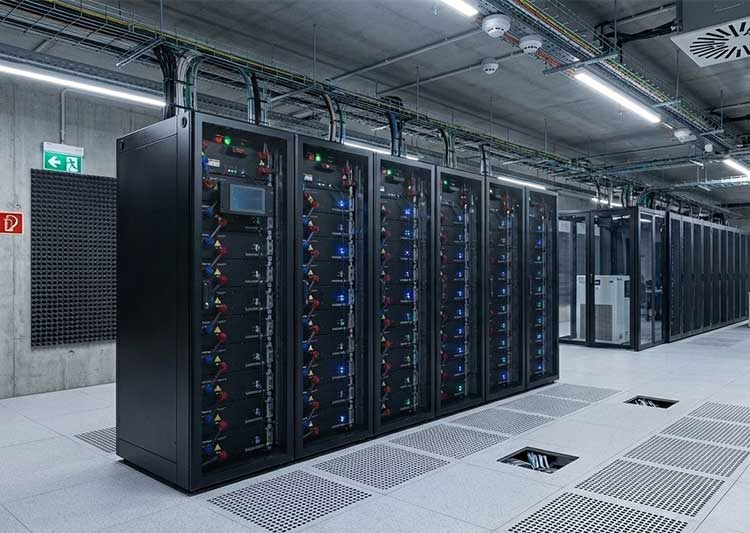
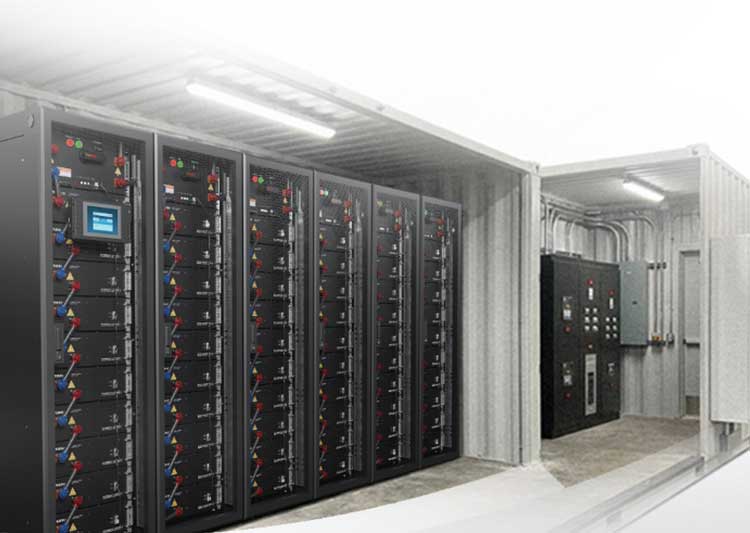




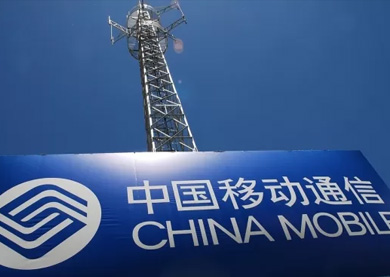





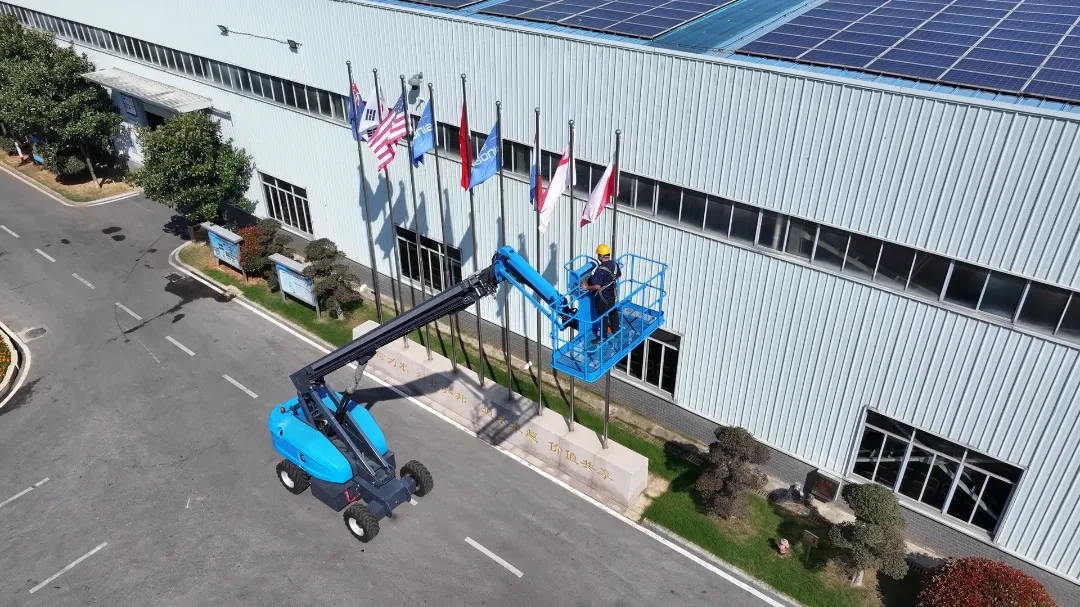
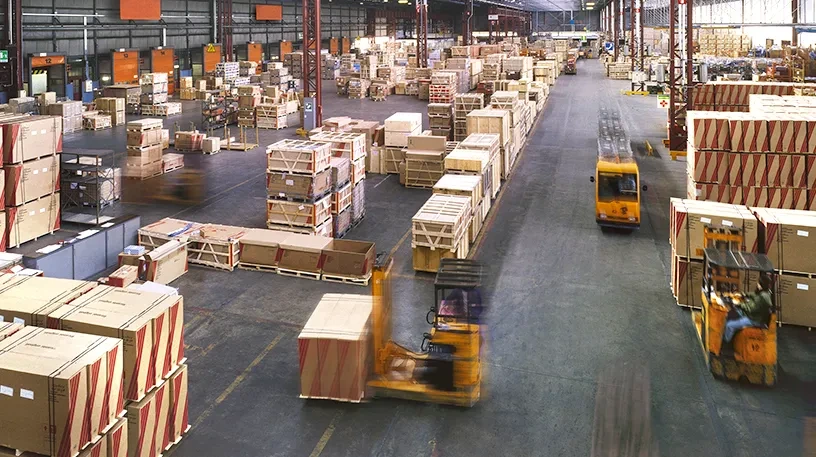




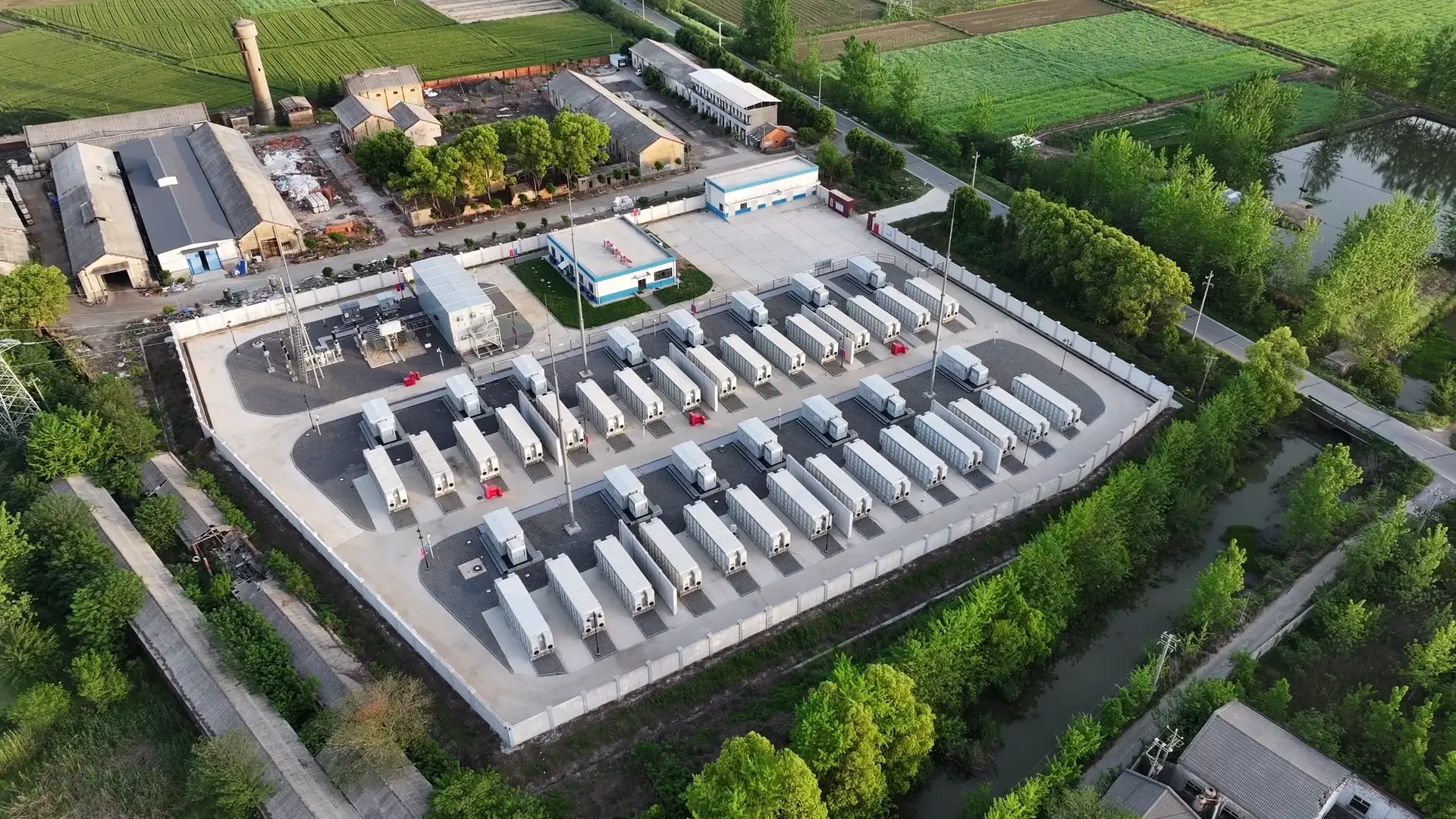



 2025-09-29
2025-09-29 Name
Name Tel
Tel Email
Email Country
Country Company
Company Information
Information